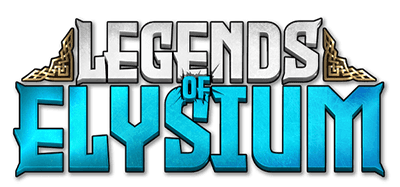The Rise of Digital Trading Card Games
The gaming industry has witnessed a significant shift in the last few years, with digital trading card games (TCGs) emerging as a dominant force. This change marks a transition from traditional, physical card games to an online environment, blending the nostalgia of collecting cards with the convenience and innovation of digital platforms. The evolution of TCGs into the digital realm has not only attracted a new generation of players but has also rekindled the interest of veterans, leading to a global resurgence of the genre.
Evolution from Physical to Digital
The Historical Context
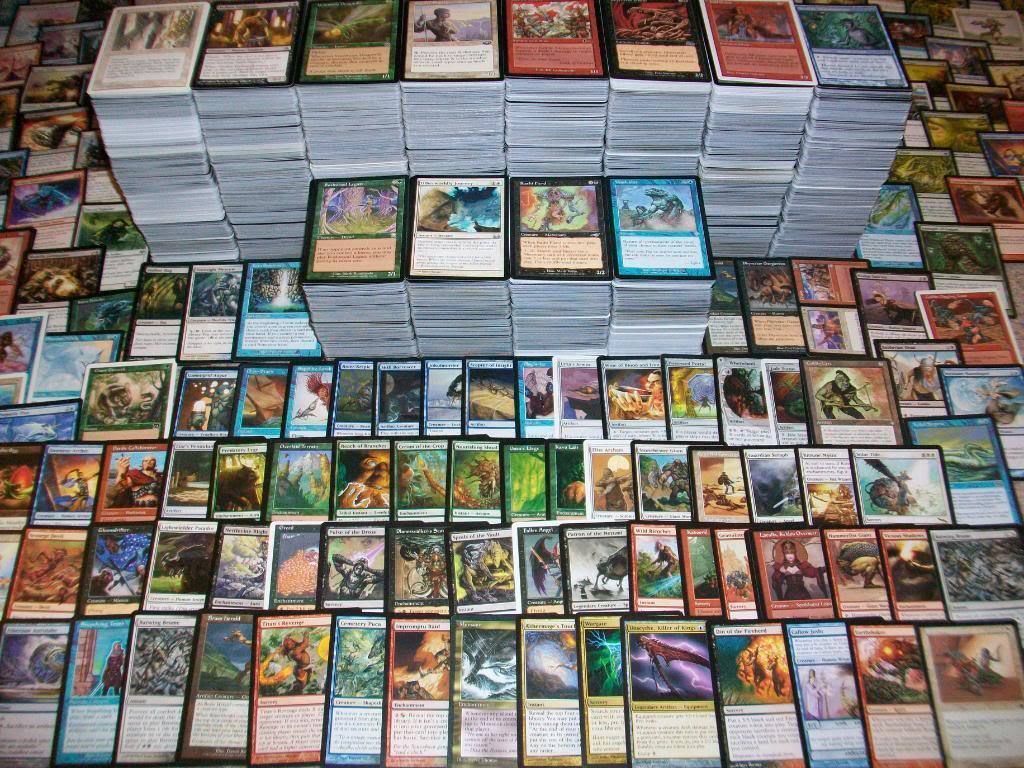
Traditionally, trading card games like “Magic: The Gathering” and “Pokémon” have been played with physical cards, allowing players to collect, trade, and battle in person. This format fostered a sense of community and offered a tangible experience that many players cherished. However, as technology advanced and internet accessibility improved, the potential for these games to transition into the digital world became increasingly apparent.
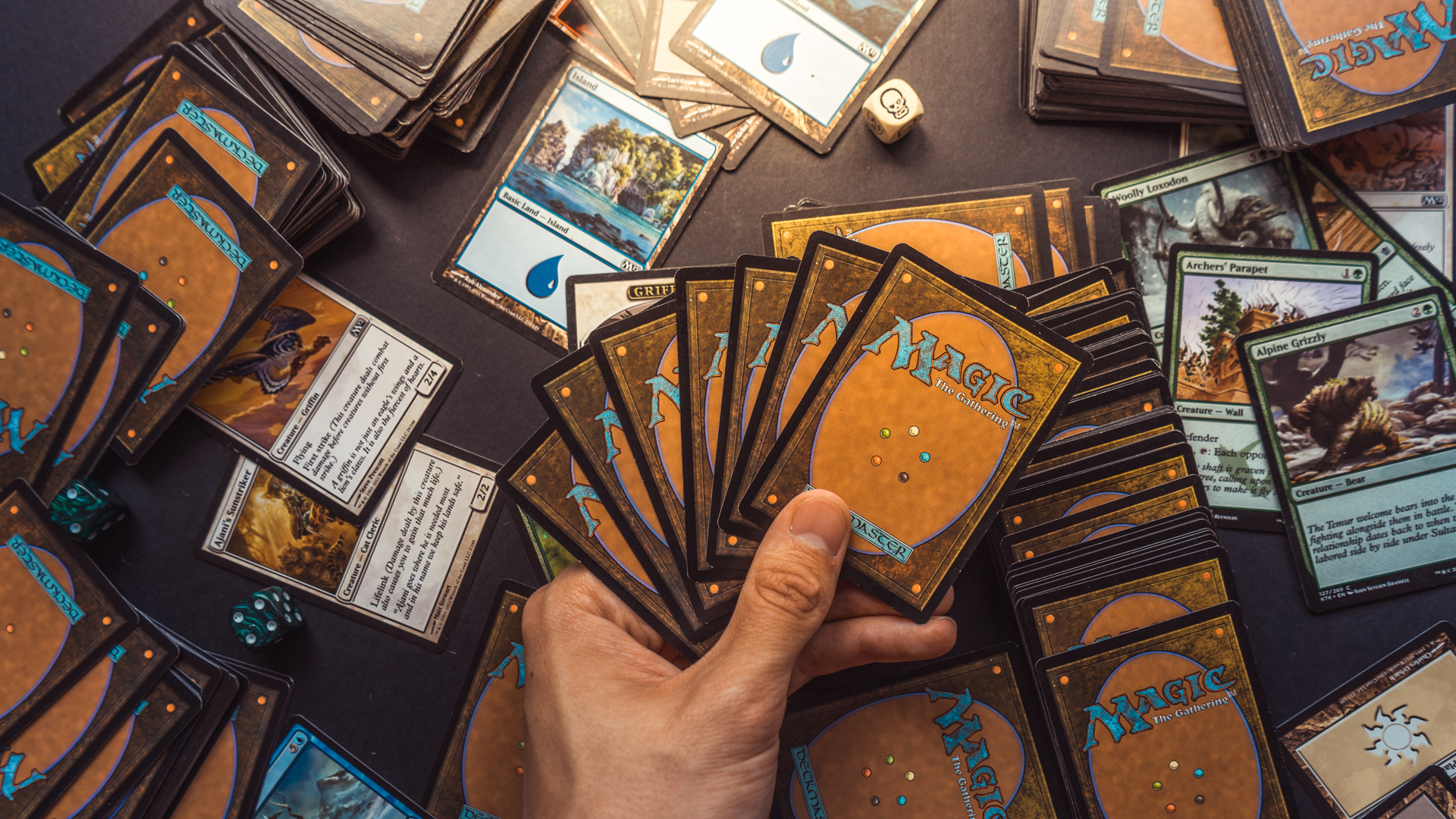
Adapting to a Digital Format
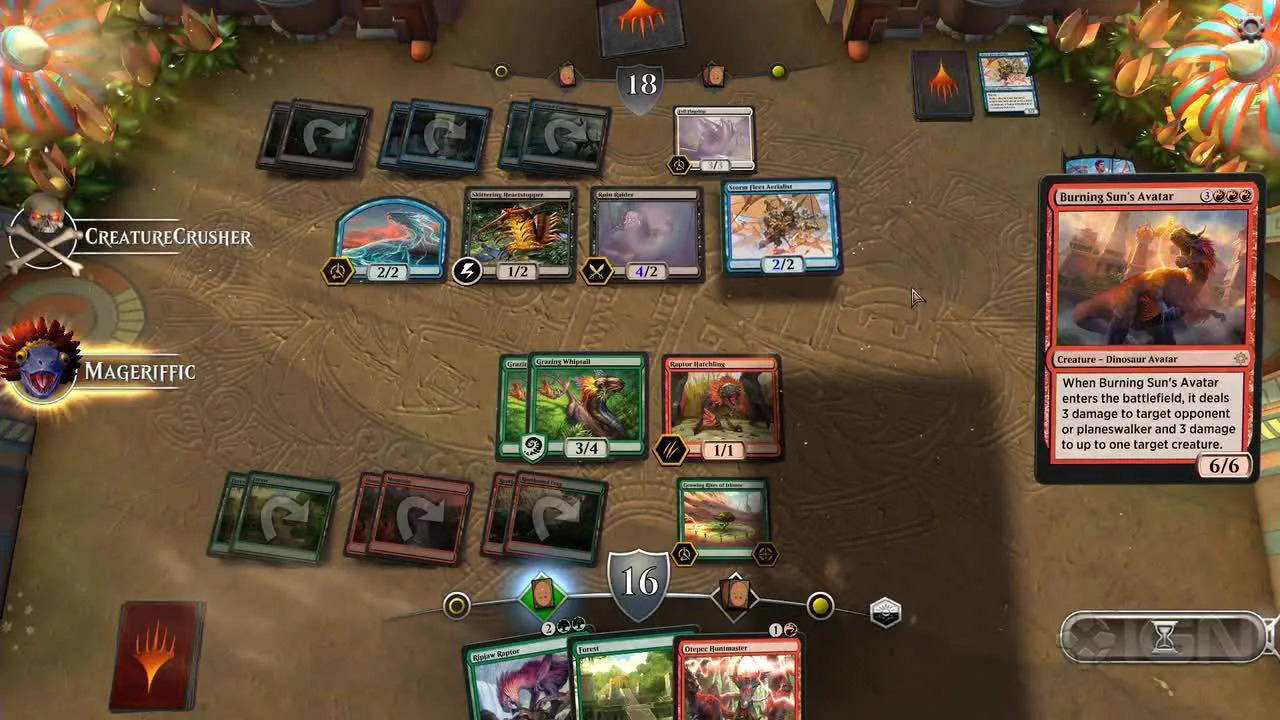
The digital transformation of TCGs involved more than just replicating physical cards on a screen; it required reimagining gameplay to suit online platforms. This shift allowed for innovative features like online matchmaking, digital card tracking, and automated rule enforcement, which streamlined gameplay and made it more accessible to a broader audience. Furthermore, digital TCGs offer dynamic visuals and sound effects that enhance the gaming experience, something that physical cards could never provide.
The Impact of the Pandemic

The global pandemic accelerated the adoption of digital TCGs. With physical gatherings restricted, players turned to online platforms to continue enjoying their favorite games. This period saw a significant increase in the number of players participating in digital TCGs, with existing games expanding their user base and new games emerging in the market.
Technological Innovations and Player Engagement
Enhancing Player Experience
Digital TCGs have leveraged advanced technologies to create immersive gaming experiences. High-quality graphics, interactive card animations, and thematic soundtracks contribute to an engaging atmosphere that keeps players invested. Additionally, features like AI opponents offer challenging gameplay, allowing players to hone their skills even when playing solo.
Expanding Accessibility and Connectivity
One of the key advantages of digital TCGs is their accessibility. Players from all around the world can connect and compete against each other, breaking geographical barriers that physical games could not. Online platforms also allow for regular updates and expansions, providing a constantly evolving gameplay experience.
Esports and Competitive Play

Digital TCGs have carved out a significant niche in the esports industry. Online tournaments attract thousands of players and spectators, contributing to the growth of TCGs as a legitimate competitive pursuit. These tournaments not only offer substantial prize pools but also provide a platform for players to gain recognition in the gaming community.
Legends of Elysium: A Case Study in Digital TCG Success
Introduction to Legends of Elysium (LOE)
“Legends of Elysium” (LOE) stands as a prime example of the successful fusion of digital card game mechanics with board game strategy. As a free-to-play game, LOE has made significant strides in the digital TCG arena, appealing to both new players and veterans of the genre.
Unique Gameplay and Features
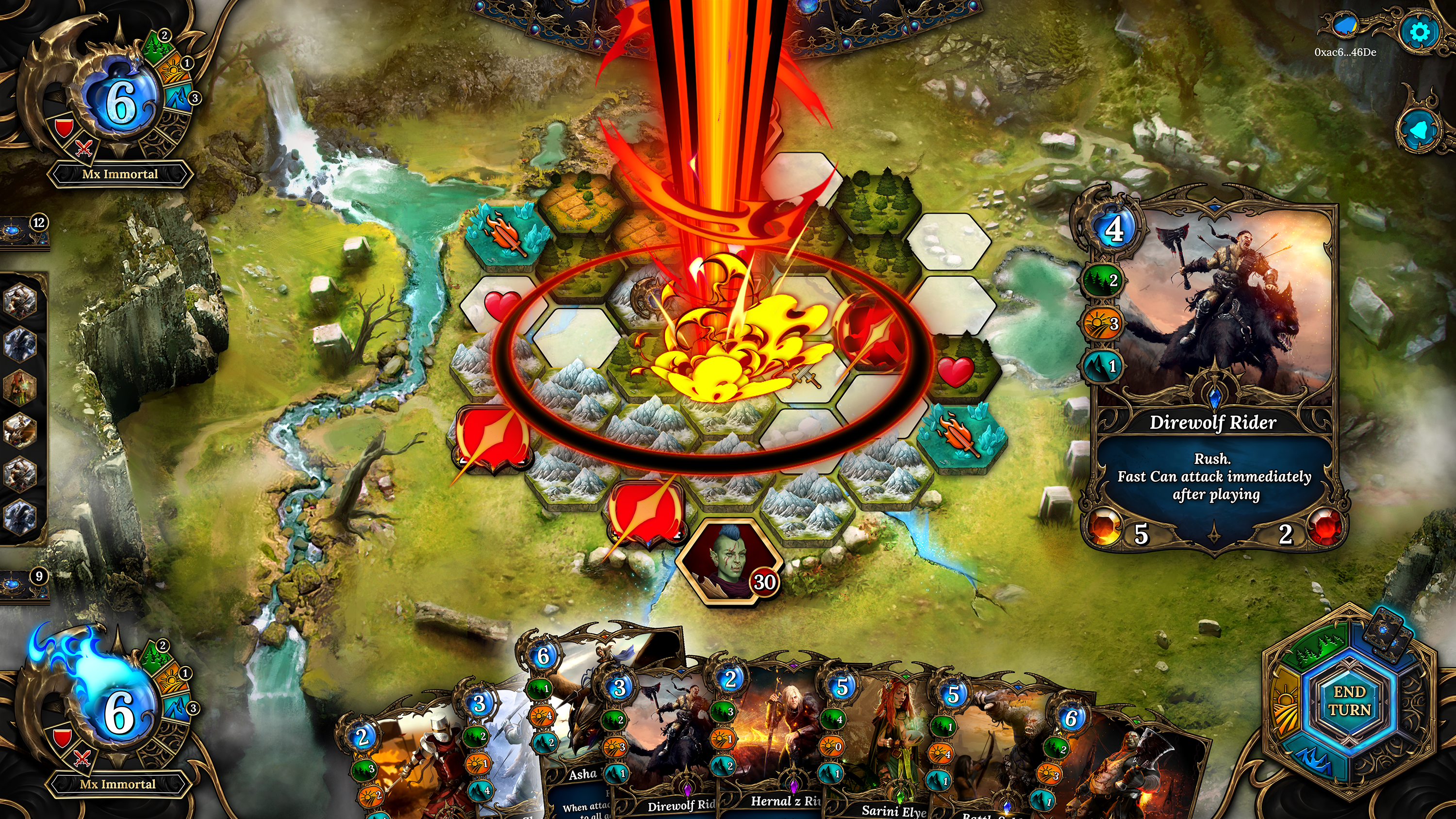
Community and Future Prospects
What sets LOE apart is its unique blend of collectible card game elements with turn-based board game strategies. This combination offers a fresh take on the traditional TCG format, providing depth and complexity that appeal to strategic thinkers and card game enthusiasts alike. The game features three distinct races – Orcs, Humans, and Dark Elves – each with unique cards and playstyles, offering a diverse range of strategies for players to explore.
LOE has fostered a strong community of players, driven by regular updates, events, and community engagement initiatives. The game’s developers are committed to expanding the universe of LOE, with plans to introduce new races, cards, and gameplay mechanics. This ongoing development ensures that the game remains fresh and engaging for its player base. In conclusion, the rise of digital trading card games marks a significant evolution in the gaming industry. This shift has not only provided a new platform for these beloved games but has also introduced innovative gameplay elements that have redefined the genre. “Legends of Elysium” exemplifies this success, offering a unique and engaging experience that resonates with the modern gaming audience. As technology continues to advance and the community around digital TCGs grows, the future of this genre looks incredibly promising.
